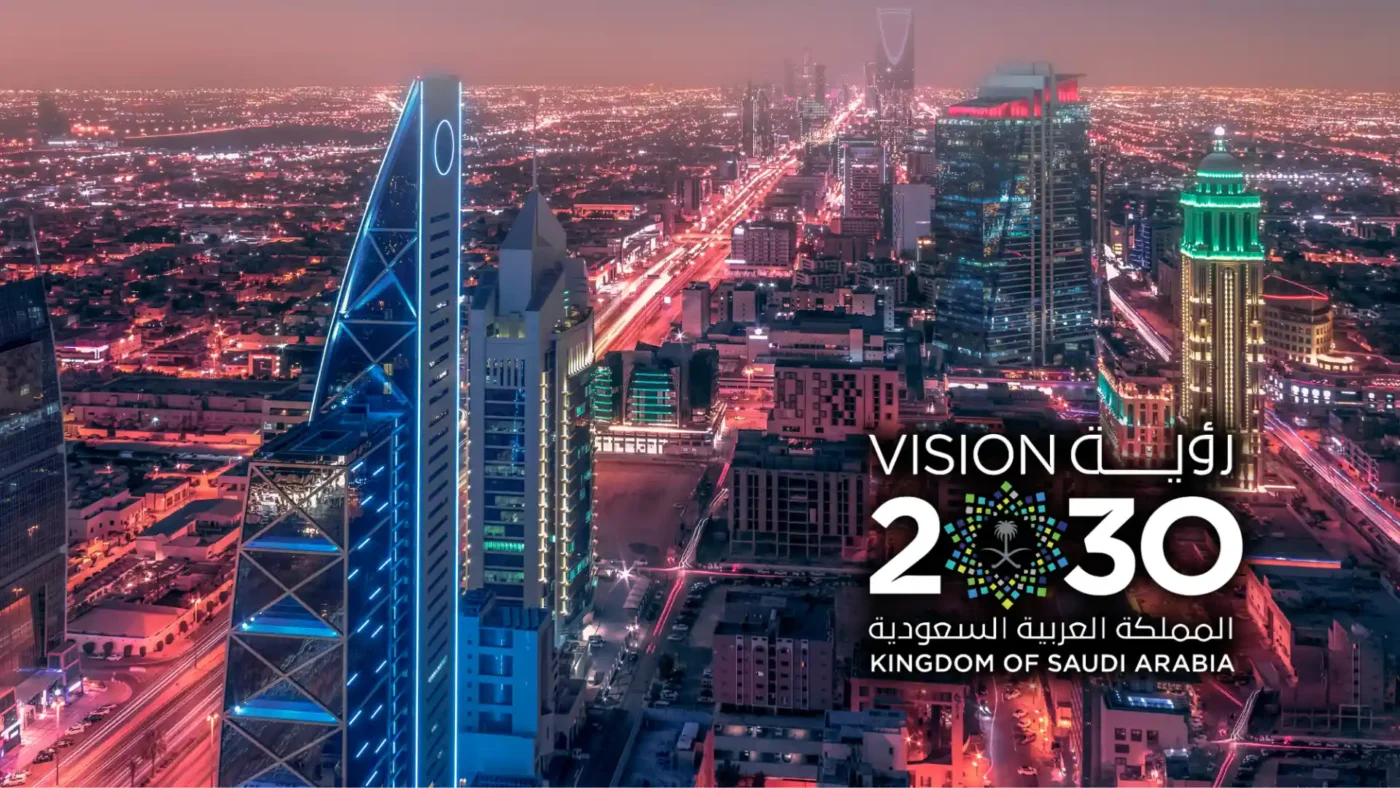In 2016, Saudi Arabia unveiled Vision 2030, a plan to diversify its oil-dependent economy, modernize society, and reposition the Kingdom on the global stage. At a similar time, Saudi Arabia pledged alignment with the United Nations Sustainable Development Goals (SDGs), signaling its commitment to development, justice, and human rights. Some of the reforms promised by the Kingdom included limits on the death penalty, a codified penal law, reduced incarceration for drug-related offenses, and expanded rights for women. But nearly a decade later, the question remains: Have these promises translated into meaningful reform?
Vision 2030 aims to reduce Saudi Arabia’s dependency on oil, develop public service sectors such as health, education, infrastructure, and tourism, and promote a more open and prosperous society. The plan includes goals related to enhancing transparency, modernizing the judiciary, and improving the legal framework to attract foreign investment. Central to this vision is the creation of a society based on rule of law and accountable governance. Saudi Arabia has also committed to aligning Vision 2030 with the UN SDGs, such as SDG 5 on gender equality, SDG 16 on peace, justice, and strong institutions, and SDG 10 on reducing inequalities. These goals provide an international benchmark to assess the Kingdom’s reform efforts.
Reform Commitments: Promises vs Reality
One of the most notable promises under Vision 2030 was a reduction in the use of the death penalty, particularly for minors and non-violent drug offenses. In 2020, the Human Rights Commission claimed the Kingdom would no longer execute individuals for crimes committed as minors, and there were indications of a moratorium on executions for drug crimes. However, in practice, executions have continued, including for offenses that do not meet the “most serious crimes” standard under international law. Minors and political dissidents have also been executed, and after a temporary drop, execution rates surged again from 2022 onward.
Among one of the most significant pledges was the creation of a written penal code. This would standardize judicial decision-making, reduce arbitrary sentencing, and align more closely with international legal norms. The promise included greater transparency and fairness in legal proceedings. Yet, despite repeated announcements, a comprehensive penal code has yet to be adopted. Judges continue to exercise wide discretion based on uncodified Sharia principles, leading to inconsistency and potential miscarriages of justice.
As part of its reform agenda, Saudi Arabia expressed a willingness to shift from punitive approaches to rehabilitation in drug-related cases. The aim was to ease overcrowding in prisons and reflect more humane criminal justice practices. However, after a short moratorium, executions for drug crimes resumed. Individuals continue to be sentenced to death for non-violent drug offenses, undermining earlier reform claims.
Reforms related to women’s rights were among the most publicized under Vision 2030. Major changes included lifting the ban on women driving, reducing elements of the male guardianship system, and allowing greater participation of women in the workforce and public life. These were presented as emblematic of Saudi Arabia’s modernization. But while legal reforms have granted women more freedom, significant limitations remain. Activists who campaigned for these changes have been imprisoned and tortured. Women still face discrimination in personal status laws and social norms.
While Vision 2030 and Saudi Arabia’s commitment to the SDGs were initially presented as a bold step towards transformative change, the gap between promise and action remains. Without transparent legal reforms, independent oversight, and genuine respect for human rights, these reforms risk being seen as performative rather than substantive. True progress requires consistent action and political will to uphold justice for all.

